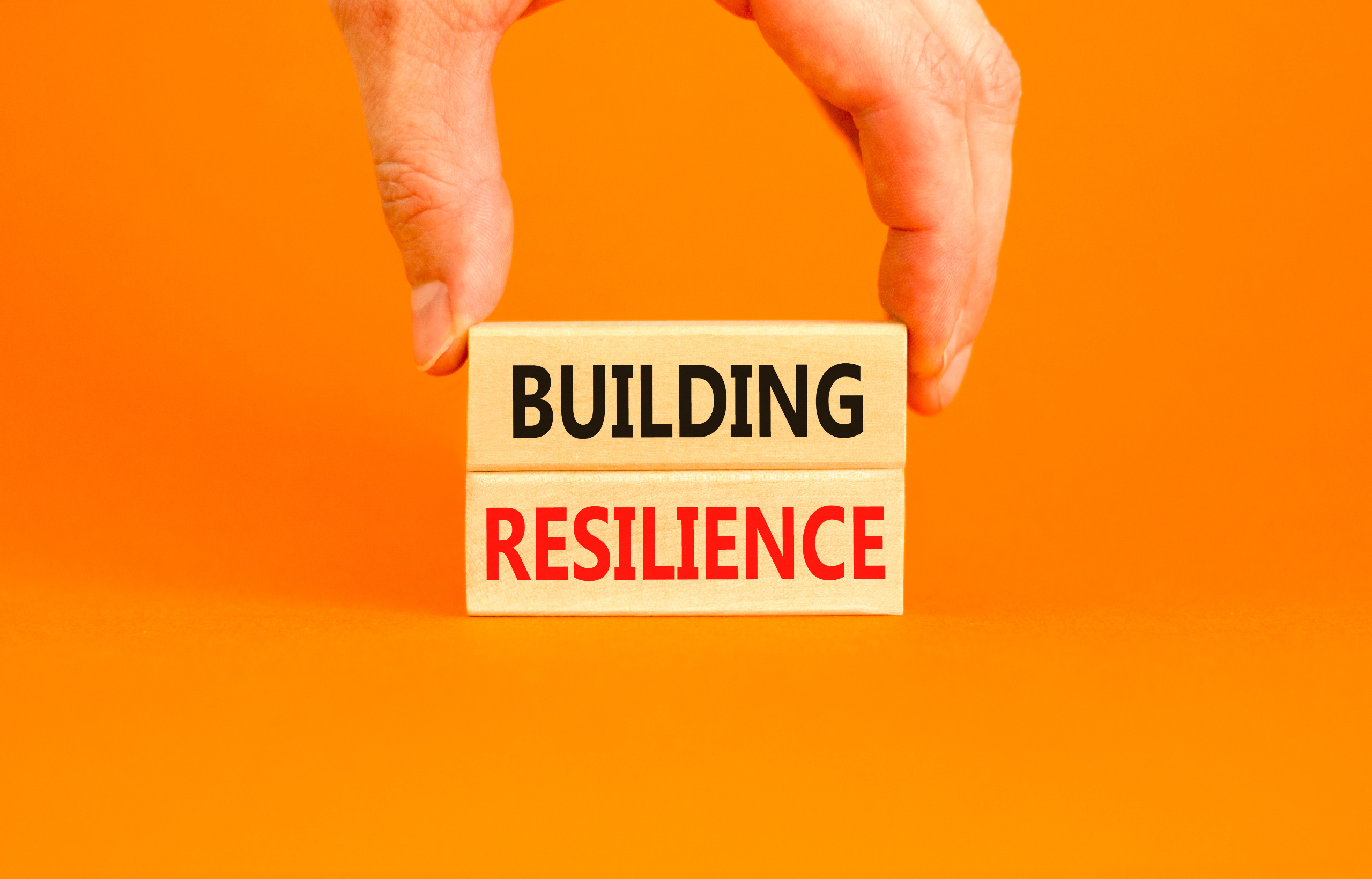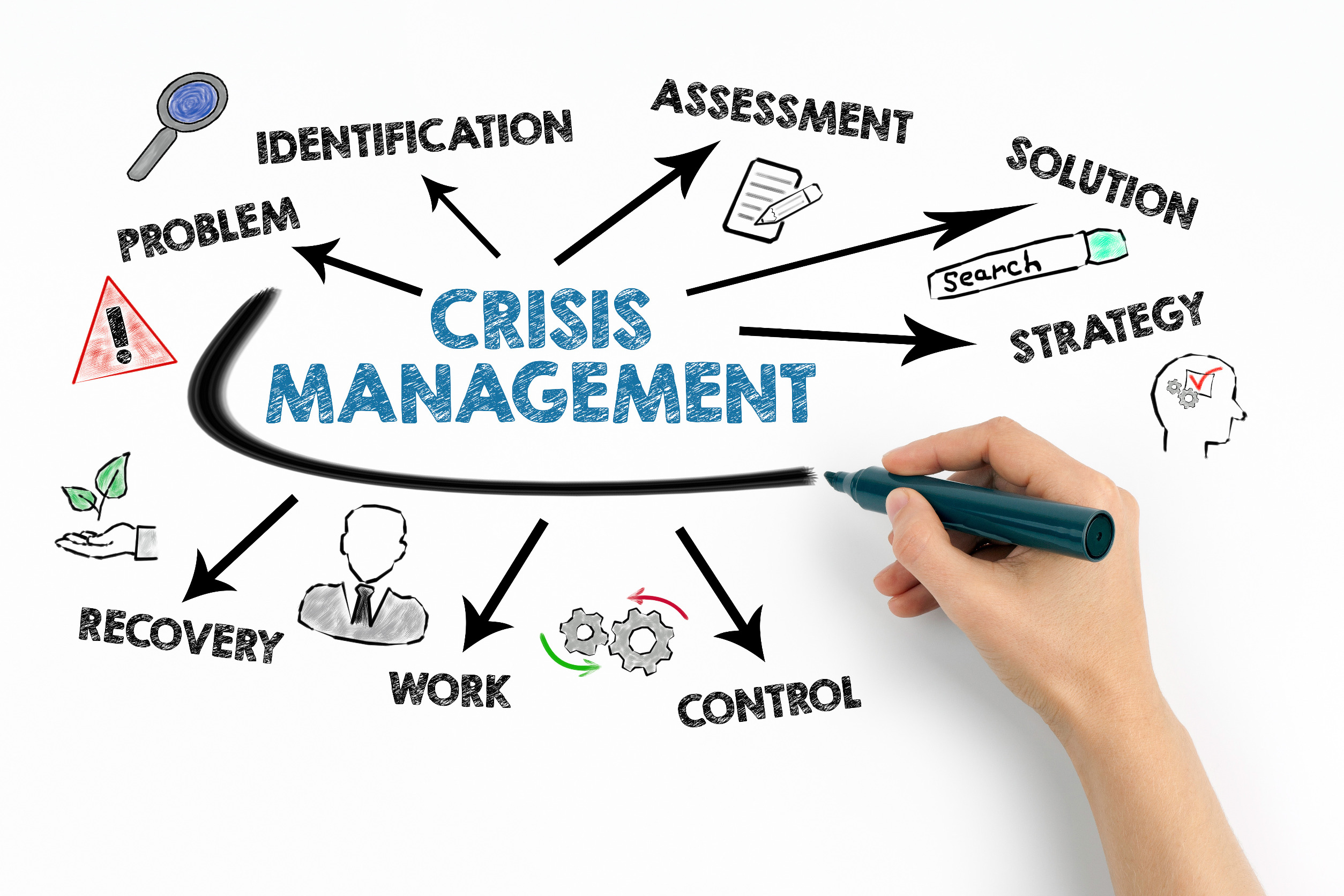Theresa Moulton, Editor-in-Chief of Change Management Review, recently spoke with author, speaker, and change management consultant Paul Gibbons about the Science of Organizational Change – using science and philosophy to make better strategic decisions, implement change, innovate, change culture, and create workplaces where talent flourishes.
What led you, after 25 years’ experience in change management, to write “The Science of Organizational Change?”
During the summer of 2013, you know one of these people who’s going to go to the grave thinking I could’ve been a contender, and that was me with writing. I wanted to write the ABCs of change management, because while there some advanced concepts in change management, if organizations adjusted the basics right of dealing with state cultures, just did the basics right, that would be a big step for many.
Then I started to feed in content on cognitive biases and other more advanced topics. I decided to try and take change management to another level, and include new stuff from outside business schools, from economists, and mathematicians, statisticians, and complexity theorists and all that. While it ended up taking two years to complete the book, I think it will be a lot more valuable for change management leaders and practitioners.
During that time, what have you’ve seen that has changed the most, and what hasn’t changed at all, in the field of organizational change?
Not so long ago, the “people” side of was thought of by the finance people, the experts on process improvement, and the project management people, something we must put up with. It was the first thing to get struck from a proposal. The partner in charge of the project would say, “what’s all this change management stuff here, we don’t need to do any of that” – just to get the cost down. Unfortunately, over the past 25 years that hasn’t completely changed, as my brother (a partner at IBM) can attest. But things ARE better than they were.
If we look at the big picture of things, all the “checkboxes” and the availability of Change Management certifications are a step in the right direction. With changes, there is an acknowledgment that change management is valuable. People want the three-hour version, and become experts in change management. There’s the skill stuff in the tools of change management, and then there is the craft or the art of coaching someone or facilitating a team. And really there’s no way to learn that from a checklist, I’m afraid to say.
What is evidence-based management, and how does it impact organizational change?
We understand how a chemical reaction works, and in enormous detail, how that works. But we don’t understand any kind of exhaustive level how a human being works. However good the latest theory seems, they’re always partial, they’re always incomplete, and they’re quite often wrong. Thus, the social sciences and psychology are very much in their infancy.
In business, it’s no different, I think we need to think of ourselves as learners, and we can draw that from a lot of the other disciplines. One of the things which is insufficiently discussed, is evidence based management. So where does that come from? That didn’t come from business school. That didn’t come from psychologists. It came from medicine, and the concept of “evidence based medicine.”
You may believe medicine is very evidence-based because it’s very scientific and the human body is very scientific. However, doctors operated on tradition, myth, ritual, and what they learned 25 years earlier in medical school. They didn’t use evidence based practice to decide how they were going to treat. Thus, it was a revolution in medicine that was started in 1998, as evidence-based medicine. The principle is slowly spreading to management, evidence-based policies, evidence-based education, etc. That’s an example of something that comes from another discipline. By and large, people don’t read books on medicine or on public health, and they don’t read books on mathematics and statistics. So they miss it.
Where do you think the change management industry needs to go now?
First, we need to become a specialistic discipline. A lot of what were asked to do in change management is to come in and sprinkle change pixie dust on a team. I think that the job of a leader is to bring people with, to align people, to deal resistance, to motivate people, to connect them to the big picture, to help them make sense of a change, to plan change, to engage people. A lot of the stuff that we get asked to do, is sort of a Band-Aid for them not really doing their job as a leader.
In high school, I studied calculus and chemistry, but how much am I using today as a businessman and entrepreneur? It’s a bit like that what they teach in MBA programs, vs. what people do as managers. Management and leadership education needs to change so that what we do as change management is like a core part in the canon.
Second, is a bunch of people get together and decide where the organization needs to go strategically or operationally or in one sense or another, create a project and project plan. But they don’t consider the impact on their employees and how to engage employees with strategical and operational structural change early enough. Therefore, dealing with resistance is considerably harder.
Third, we don’t think enough about, if we want to change culture, what are the rituals, what are the habits, what are the behaviors that we need to change rather than just the words. Because it’s very easy to change the words and create a new values statement, it’s much more difficult to change behaviors that line up with those values. We assess the words on the culture surveys, but we don’t really watch what they do.
Finally, there is a lack of accountability for results. We really don’t hold trainers, and people who teach in organizations, and consultants, responsible for results. We let them off the hook easy. We’re sort of satisfied if our employees remember a few concepts, and they fill out a happy sheet and say the trainers were wonderful, inspirational people and trainers – but training and development aren’t held to account for behavioral change in business results.
With fewer people entering the change management industry, what is happening to all the tacit knowledge that’s been created over the past 25-30 years? What needs to happen to preserve it?
Well, so long as the people are replacing the specialists with knowledge in the hands of the generalist leader and manager. I’m all in favor of there being fewer change management specialists, but to fill that gap you need managers and leaders to be doing the work of engagement and alignment in dealing with resistance and connecting their people to the big picture.
We need to do more to preserve the legacy of change management teaching and learning with generalist leaders and managers.
Paul Gibbons is an author whose “beat” is helping business leaders use science and philosophy to make better strategic decisions, implement change, innovate, change culture, and create workplaces where talent flourishes. His most recent book, “The Science of Organizational Change,” has been hailed as the most important book on change in 15 years.
Between writing projects, he consults, coaches, and speaks with businesses such as Microsoft, Google, HSBC, KPMG, and Comcast. You can connect with Paul directly on LinkedIn and Twitter.

























